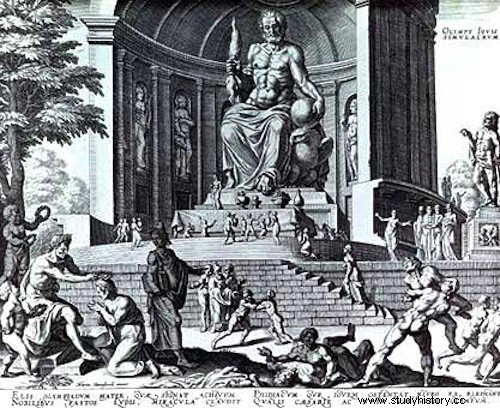November It is the ninth month of the Roman calendar. If we could classify the months by their importance and relevance in Roman religious and festive life, this would undoubtedly be the last. It was a month little dedicated to celebrations, since it was the month of planting, and for this reason most of the time was mortgaged for the agricultural work that would guarantee a good harvest. Roman society, originally, was eminently agricultural. So November was the month to plow the fields and plant. The goddess of the month was Feronia , protector of fertility and abundance, pantheon companion of Diana, Ceres, Fortuna and Flora
From shortly after the Kalends of November (approximately the 4th to the 17th) the Ludi Plebeii took place. , the plebeian games, already discussed since the time of Tito Livio and which were created to reconcile the two great classes of ancient Rome, the plebeians and the patricians.
The 8th was considered the last day the door to the underworld was open, the mundus patet .
During the games, on the 13th, the Epulum Iovis took place. , Jupiter's Banquet, a popular festival in which statues of Capitoline deities were adorned, placed on soft divans at table, Jupiter reclining and Juno and Minerva seated, and treated as guests. The food was frugal and simple.

That day was known as the festival of the Pulvinaria . All this ritual was performed by the epulons, septemviri epulonum , a college formed by the seven priests who were in charge of organizing the religious rites. One of the gadgets of the epulons that has survived the times is the paten, a container still used today by Catholic priests.
On November 22, the festival in honor of Proserpina took place. and Pluto , the gods of the underworld.
Collaboration of Gabriel Castelló author of Bravery .
